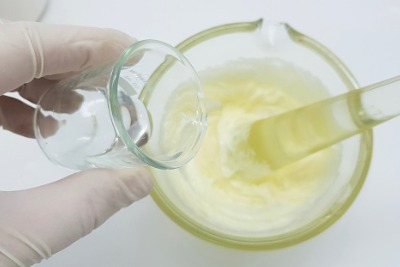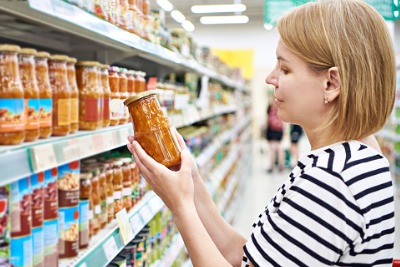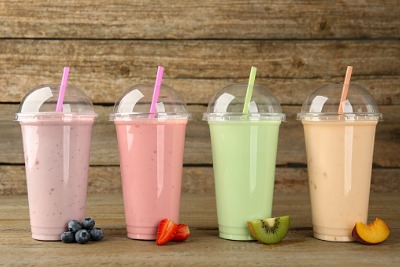
Halal Emulsifiers vs. Non-Halal Emulsifiers: What is the Difference?
When it comes to living a Halal-conscious lifestyle, many of us focus primarily on prominent ingredients like meat and alcohol. But what about the lesser-known ones, such as emulsifiers? These small agents determine whether our foods and medications are Halal. This post will highlight the differences between Halal and non-Halal emulsifiers and how to choose products that comply with Halal certification requirements.
What is an Emulsifier?
Emulsifiers are crucial additives in the production of food and medicinal products. They blend incompatible liquids, which is essential in manufacturing daily-use items. Products like salad dressings, margarine, chocolate, baked goods, and some pharmaceuticals would have different textures or flavors without emulsifiers. However, not all emulsifiers are Halal!

Halal Emulsifiers
Halal emulsifiers are made following Halal requirements for Halal-conscious buyers. They usually come from plant and marine sources or synthetic materials. These additives are considered Halal and safe because they contain no impermissible ingredients. Some common Halal emulsifiers used in food processing include Soy Lecithin, Agar-Agar, and Carrageenan. They also serve as natural Halal alternatives.
Non-Halal Emulsifiers
Contrarily, non-Halal emulsifiers often derive from animal fats, including pork or non-Halal beef, and are unsuitable for Halal consumption. Monoglycerides, Polysorbates, and Diglycerides are examples of non-Halal emulsifiers to check for when purchasing your Halal products.

How to Identify Halal Emulsifiers
Checking the ingredient list may be insufficient to identify whether an emulsifier is Halal. Some emulsifiers, like gelatin, come from various sources and can be challenging to differentiate. Here are a few ways to choose the best emulsifier to ensure you make the right choices:
Look for Halal Certification:
The simplest way to verify if your purchase is Halal is to check for a certification logo mark from a reputable Halal authority on the product packaging. Every product labeled by these Halal agencies has been thoroughly inspected before certifying Halal.
Research the Ingredient:
If you come across an emulsifier or packaged product that is not clearly labeled, consider a quick online search. You might be interested in reading one of our posts on Halal product codes for more insight found on our blog page https://isahalal.com/news-events/blog. Alternatively, contact the manufacturer for clarification on the source.

Go for Plant-Based Products:
You can opt for products with plant-based ingredients, which are generally safer. In conclusion, understanding the difference between Halal and non-Halal emulsifiers is crucial in maintaining a Halal diet. While emulsifiers are small and overlooked, they can significantly impact the status of our food ingredients. Knowing the ingredients' sources is better when shopping for groceries or dining out. By checking for Halal certification logos from a recognized certification agency, you can be sure that your diet follows Halal principles.
Islamic Services of America (ISA) is a leading USA-based Halal certification and auditing organization that has served companies, the community, and the Halal certification industry for nearly 50 years. Contact ISA at isa@isahalal.com or send your initial inquiry to Halal certify your products at https://isahalal.com/contact or visit the ISA website for more information at https://isahalal.com/
